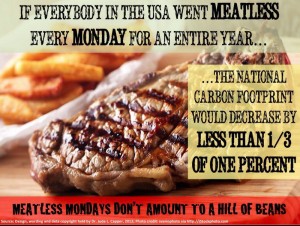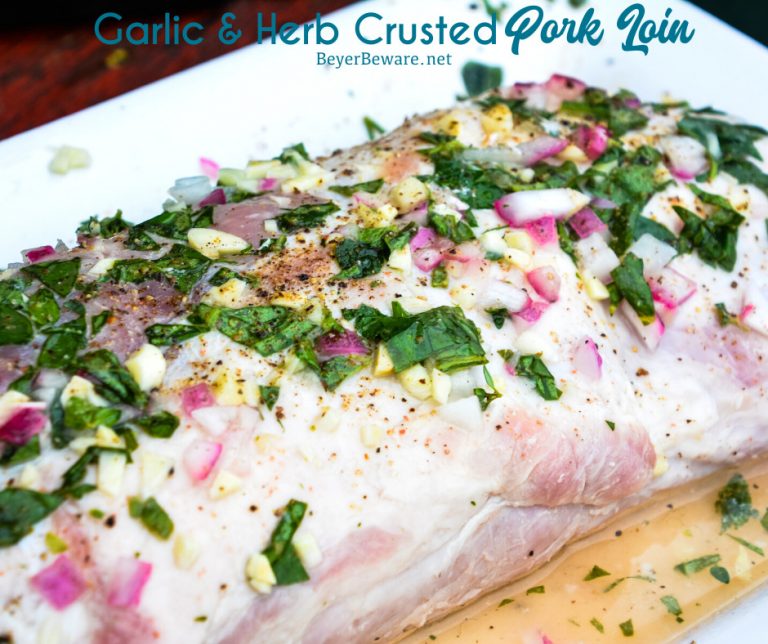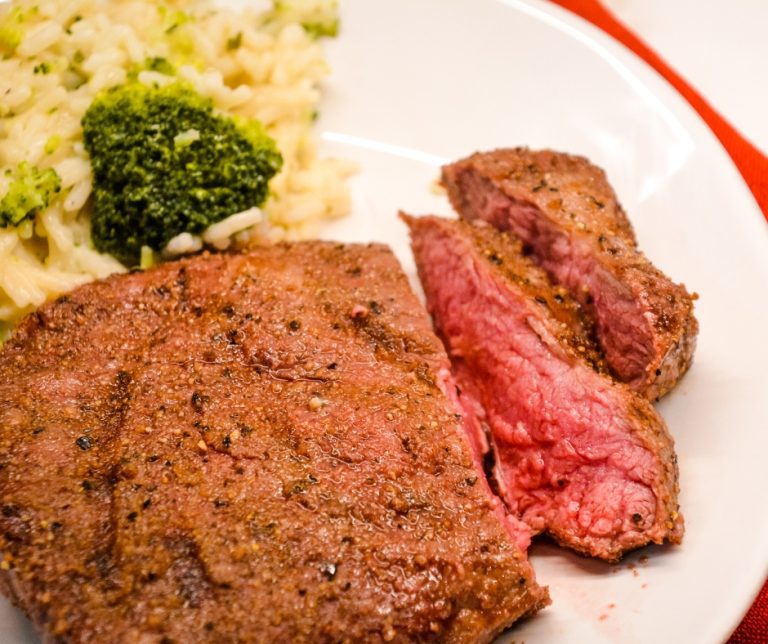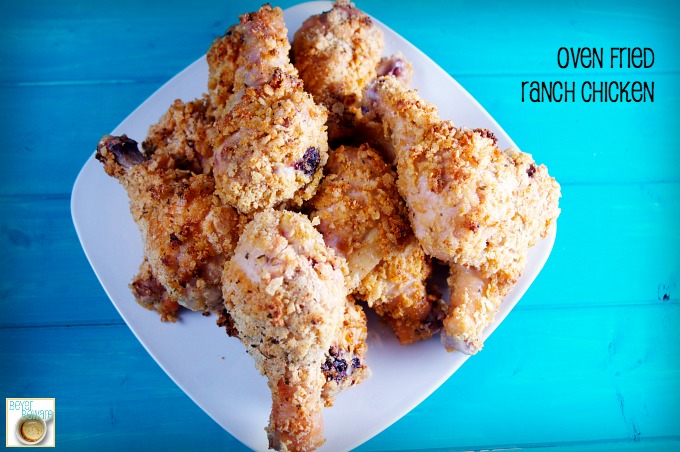Tips for Buying Meat on a Budget
It seems like Meatless Monday isn’t a fad. Yet, I can’t seem to convince my family that no meat all day long is a good idea. Maybe it is because we have two full freezers of meat that was raised by our family. Maybe it is because we enjoy B-12. If you are like me and not totally convinced going meatless is reducing anything, except maybe your budget, here are some tips for reducing your meat budget.
1. Buy in bulk
Whether it is at Sam’s club or from a farmer directly, buying in bulk reduces your cost per pound. I can buy pork shoulder in 20 pound whole pieces for $1.77 a pound at Sam’s. I paid my brother $2.75 per pound for a half of a beef. Either way, it is cheaper than buying beef or pork in smaller sizes. Beef is more expensive because it comes down to numbers.
1:1
2:1
3.5:1
7:1
These are the average feed efficiencies. What does that mean? The pounds of feed an animal has to eat to gain one pound of weight. So, these numbers are in order of most efficient to least efficient, of fish, chickens, pigs, and beef cattle. Yes, fish will gain a pound for every pound of feed they eat. Chickens will convert half of the feed they eat into body weight gain. And, cattle eat a lot to get one pound of weight gain. It cost more to get one pound of beef than pork or chicken or even fish.
2. Cut and grind at home
If you are buying all of your meat at the grocery store, it will be cheaper to buy it all in whole pieces of meat. Buy whole pork loins and slice them at home to make pork chops. Buy a beef chuck roast and grind it at home to reduce the cost of ground beef. Whole chickens are cheaper per pound than boneless, skinless chicken breasts. The store adds cost to the per pound price the more they handle the meat to cut it, remove bones or grind it up. You can do it at home to save money.
3. Go Lean
While it may look like an 80/20 ground beef is cheaper on the label, 20% of the beef will be poured out when you cook the meat. The 20% is just fat. This is why your hamburgers shrink or you have so much grease in your skillet when you brown beef. If you don’t want to through away 20% of the fat, buy leaner meat products.
4. Buy quick sales
I have noticed that most grocery stores have meat that is expiring the day we are shopping. They will have this meat marked down at great prices. This meat is still perfectly safe to buy and freeze at home. Don’t be afraid to pick up a cut of meat you haven’t tried before either if the price is right.
5. Buy out of season
Have you noticed that you don’t eat as many post roasts in the heat of summer? Or that you don’t grill as many steaks or brats in the dead of winter? Many times, there may be a large supply of “out of season” meat so grocery stores will be encouraged to run sales on these cuts of meat. Buy them up and freeze them for later or eat them for a change up! I have noticed chicken wings get mighty expensive the closer we get to the super bowl. I always buy them six months out and freeze them!
6. Know your labels
It seems that the marketing world has filled our food packages with lots of labels. But what do they all mean? Educate yourself. Labels like all-natural or hormone free are bogus labels that are not regulated and have false meaning. All meat has hormones in it. Meat comes from animals. Animals, just like you and me, have hormones that naturally occur in it. It has been illegal to feed hormones to chicken and turkeys for over 50 years. So, all poultry is free of artificial hormones. All meat chickens and turkeys are also raised in cage free environments. All of them. So, if a commercial or label says chicken meat is cage free, it isn’t anything special.
Additionally, all meat, eggs, and dairy is antibiotic free. Animals that have been treated with antibiotics have strict withdraw periods and processing facilities follow guidelines and rules that are enforced by the FDA and USDA to guarantee the products do not have any antibiotics in it. So, once again an antibiotic free label is meaningless. All of the products are antibiotic free. Now, if you want to have meat, eggs or dairy that came from an animal that was never given medicine, you may just want to stick with certified organic. However, this will cost you, since organic farms can’t treat sick animals with medicine.
Be sure to check out the other tips and food tidbits as part of the 30 Days on the Prairie Farm Series.
- Spicy Street Corn Chili with Ground Pork – Easy Street Corn Soup - March 1, 2025
- Crispy Dry-Rubbed Smoked Chicken Wings (The Baking Powder Secret!) - February 9, 2025
- Chicken Bacon Ranch Ravioli Bake - February 3, 2025









I appreciate that you recommend to buy out of season meat in order to save money. I can see why they could be cheaper when buying them during times when they are not as popular. My wife and I always are looking for ways to save money on everything. I’ll have to recommend this to her and see what she says.
I just wanted to thank you for going over some ways to buy some meat on a budget. You mentioned that you should possibly buy meat when it’s “out of season” and to freeze them to be used later. I’m interested to learn if there is some good freezing techniques to use to keep the meat in good condition, like if it should be wrapped in a special material or something like that.